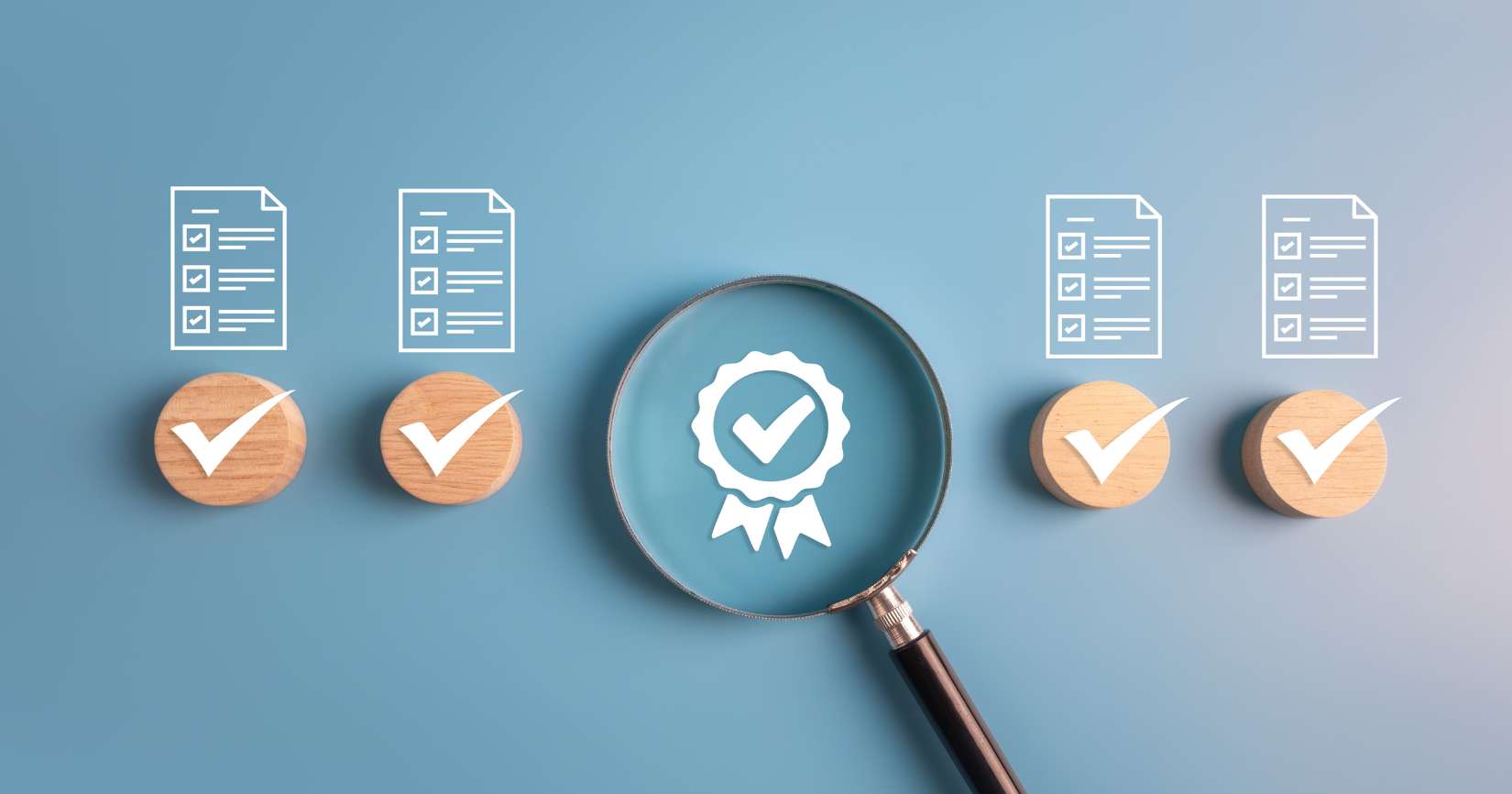
Property is one of the best investments anyone can make. Whether you are buying a home, an office space or investing in your next business venture, property is a great asset to have. Using your property as rental space for customers can bring in a consistent monthly steady income for you. You just need to know how to turn your rental property into a profitable business.
A rental property business is an enterprise in which you (the investor) purchase and sometimes manage an income-producing property. This means you take your property or properties and lease them out to tenants in exchange for monthly rent.
For anyone looking to get into the rental property sector, renting out to tenants is a great way to make passive income (you won’t have to do a lot of hard work).
In this article, we take you through the steps of turning your rental property into a profitable business.
Types of Rental Properties
Before you start leasing out your property to a potential tenant, it’s important that you know what type of rental property you have.
Some of the most common rental properties include:
Houses: If you have a house that you do not live in, you can rent it out to potential tenants. These tenants can range from families, couples with no children and young professionals. Additionally, if your house is in an area full of university students, you can turn it into a student accommodation.
Cottages: Cottages are normally found in the backyard of houses. Most people use them as guest houses or as living quarters for their helper(s). You can turn your cottage into a profitable business by renting it out to young professionals.
Airbnb: Airbnb is the easiest way to turn your property into a business. You can list your existing and new property on the platform and people can pay for it on a per-night basis.
Fixer-Uppers: A fixer-upper is when you buy an old house, renovate it and rent it out to people who need a home but can’t yet afford their own.
Commercial Property: Commercial properties are ones that are used for business. You can rent out your commercial property to businesses wishing to expand or those looking for office space.
Apartment Rentals: You can get into apartment rental by leasing out an apartment you own. This can be done by purchasing apartments within apartment blocks and renting them out for profit.
These are some of the most popular rental property types in South Africa. Rental properties are really popular for business owners because of the consistent profit they bring in. In South Africa, the average rent is just over R 8 500, so you can make a good passive income with any of these types.
Challenges and Advantages of Rental Property
Much like any other business, rental property businesses have their own challenges and advantages. It’s important that you know these so that you can carefully assess if the rental property industry is for you.
Challenges of Rental Property
Some of the common challenges in rental property include:
Initial Financial Investment
Getting a property to rent out is the most difficult challenge in this industry. There are factors to take into consideration such as location, cost of (any) renovations, cost of the property, down payment and closing costs.
The initial investment is not very affordable and unless you have an existing property that you want to rent out, you will need to take out quite a bit of money to acquire the right property.
Managing Your Rental Property
As passive as the income is from rental property, managing the property can be time consuming. You have to deal with tenants and their challenges, property maintenance, and ensuring you comply with the law.
You must ensure that you have good management, organisational and problem-solving skills.
Tenant Relationships
Having a rental property means you will have to deal with many different people. Some tenants can be very challenging especially when it comes to late payments, property damage and conflicts with other tenants.
You have to ensure you build a good relationship with your potential tenants. Additionally, you have to create clear and robust communication channels to ensure that tenants can contact you in case of any emergencies or queries.
Market Changes
Market changes can be anything from economic downturns to laws and regulations. You have to stay up to date with rental property and tenant rights to avoid any fines or unnecessary court cases/conflicts.
Additionally, staying up to date with changes in the economy, demand and the local market will help ensure your rental pricing is balanced and your business strategies are aligned with the market.
Advantages of Rental Property
It’s not all doom and gloom in the rental property industry. Some of the rewards that come with investing in rental property include:
Consistent Income Stream
Investing in rental property gives you a great steady income. The rent from your tenants provides you with a regular cash flow which can help you cover other areas of your life. Additionally, the rent can help you reinvest back into your property and cover mortgage costs and maintenance costs.
Appreciation on Property
As time goes by, your rental property’s value is only going to go up. Not all properties appreciate, usually it’s determined by demand which, in turn, is determined by location. As long as your property appreciates, you will be able to maintain a steady income.
Tax Benefits
Investing in real estate comes with many tax benefits. These include tax deductions such as mortgage interest, property taxes, operating expenses, depreciation and repairs. By leveraging these tax benefits, you can reduce your taxable income thus increasing your overall return on investment (ROI).
Inflation Cover
Rental property can serve as a ‘hedge’ against inflation. As the cost of living for everyone increases, you can increase your property rent too. This ensures that your investment is protected, and you can continue making a steady income.
These are just some of the advantages of investing in rental property. The next step is to find out where you can get funding for your investment.
Funding for Your Rental Property
Finding funding for your rental is one of the biggest challenges. You might not need funding for the actual property but for maintenance or expansion.
Where To Apply For Funding
Home Loans: If you need to purchase your rental property, apply for a home loan. Home loans are typically found at traditional banks. Typically, the bank funds the property, and you pay back the loan in instalments. You must put down a large enough deposit to get a better interest rate and lower monthly repayment rates.
Crowdfunding: Another option to finance your rental property is to use crowdfunding. You can use a crowdfunding platform and get people to donate to your property.
Other People’s Property: If you use this method, it means the seller funds the purchase of the property themselves. You will then pay them the value of the property over time.
These are the best three ways to fund your rental property. Once you have the right funding, you can turn your property into a rental property.
Remember you need to ensure that your location is good. A good location can turn your rental property into a great money-making scheme. The most popular locations are those near universities, near suburbs and sometimes in the townships (cheaper).
You can find out more about how to start a property business in our article.






